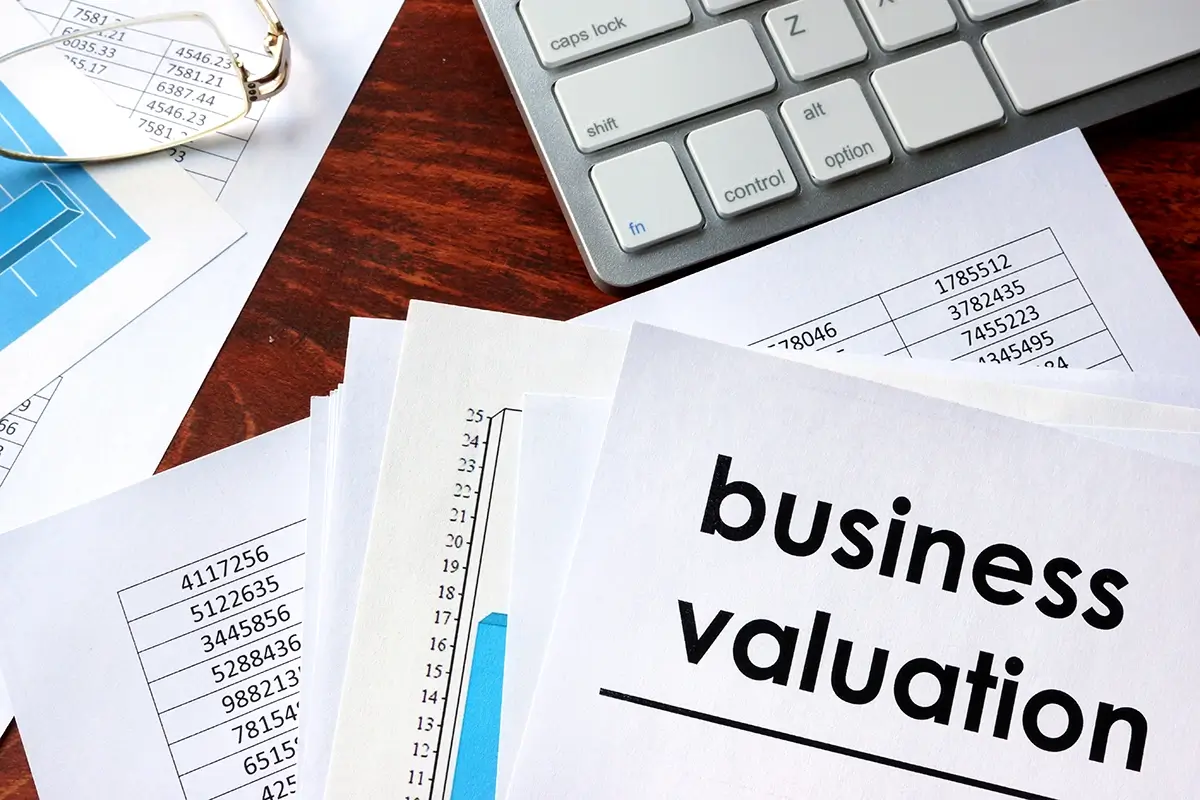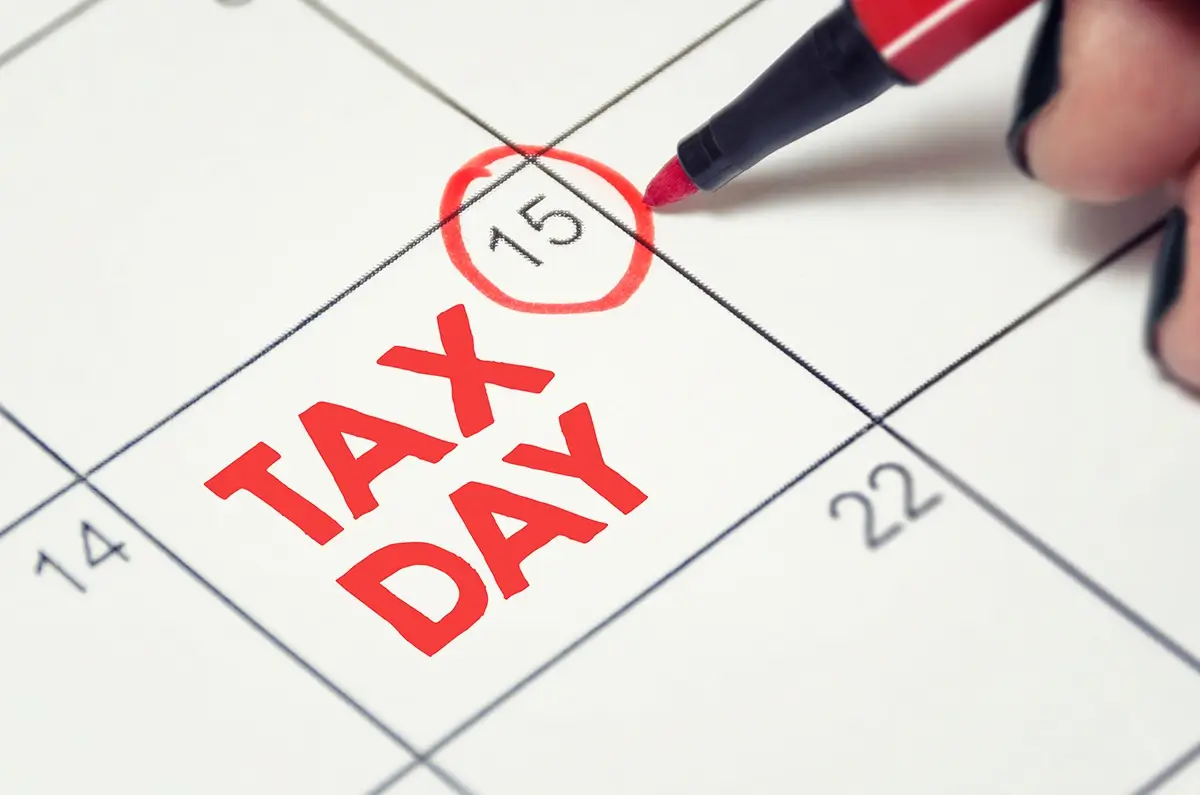It’s important to make realistic estimates about what kind of expenses you will have in retirement. Be honest about how you want to live in retirement and how much it will cost. These estimates are important when it comes time to figure out how much you need to save in order to comfortably afford your retirement.
One rule of thumb from experts, is that you’ll need 80% of your pre-retirement yearly salary to live comfortably. That might be enough if you’ve paid off your mortgage and are in excellent health when you set out on your retirement journey. However, if you plan to build your dream house, travel around the world, or pick-up a new expensive hobby, you may need 100% of your annual income, or more.
One way to begin estimating your retirement cost is to take a close look at your current expenses in various categories, and then begin to think about and estimate how they will change. For example, your mortgage might be paid off by then and you won’t have commuting expenses. The closer you are to retirement, the easier that is to do. If you’re within a few years of retirement, you should be able to project spending in key categories including:
- Monthly housing costs
- Transportation expenses
- Food costs
- Taxes and insurance
- Clothing and personal care items
- Travel and entertainment
- Contributions to help out adult children or grandkids
- Healthcare
One of the biggest mistakes’ seniors make when planning how much they need to save for retirement is not considering how expensive healthcare can be. One thing to keep in mind is that Medicare doesn’t shield them from high healthcare costs. In fact, you’ll need to pay Medicare premiums as well as coinsurance costs, which can be quite high.
Once you have a good idea of what you’ll be outlaying, it’s time to think about where the money will come from so you can figure out how big your savings need to be to generate enough income. This means evaluating all of the sources of funds you’ll have available to you in retirement.
If you have a generous guaranteed-income pension and substantial Social Security benefits, you won’t need to save as much; these sources of funds may be enough to provide the bulk of your support. If your retirement income will come primarily from 401(k) contributions you make, or if you don’t have a workplace plan, you’ll need to be aggressive in setting aside funds to have enough for your senior years – especially as Social Security benefits alone are not enough to support you.
Since you can’t do a lot to control your Social Security benefits or pension benefits, the key calculation to make when deciding how much income you need to retire is figuring out how much savings you are going to need.
If you have decided you need $6,000 monthly, and your pension and Social Security benefits add up to $2,000, you will need your savings to produce $4,000 per month, which is $48,000 per year. Now you just need to calculate how much savings is required to produce that amount. There are different approaches you can take to do this.
One method financial experts have come up with is using simple multiplication to determine your savings goals. One of the simplest approaches is to take your final salary at retirement and multiply it by 10 to determine the total amount of savings you need. For example, if you’re making $87,000 annually at retirement, you’d need $870,000.
If you take this approach and follow the 4% rule, this would mean you’d get around $34,800 in income from savings during your first year of retirement.
Depending how much income you need and how much you’ll receive in Social Security benefits or pension income, this might be just enough, or it might be too little, but at least it gives you a starting point to work from if you’re not sure where to begin.











